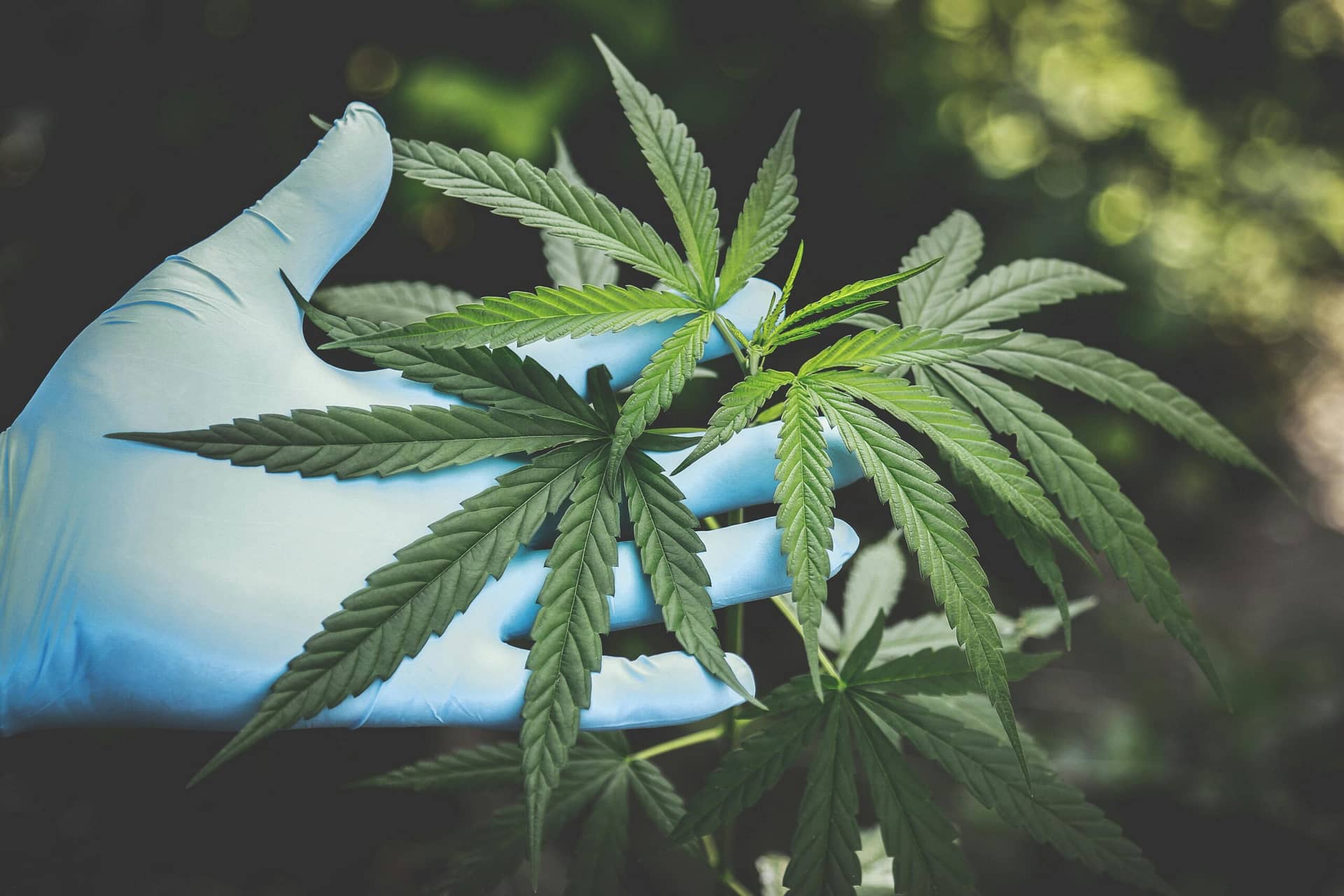How To Start A Commercial And Personal Grow In Michigan?
How do you start a commercial and personal grow in Michigan? Are you looking to start your own cannabis growing operation in the state of Michigan? Whether you are a commercial grower looking to establish a large-scale operation or a personal grower interested in cultivating cannabis for personal use, this guide will provide you with the information you need to get started in the Wolverine State.

Understanding Michigan’s Cannabis Laws and Regulations
Before you can start a commercial or personal grow in Michigan, it is important to have a solid understanding of the state’s laws and regulations regarding cannabis cultivation. Michigan legalized recreational marijuana in November 2018, allowing adults 21 years and older to possess and cultivate cannabis for recreational use.
Licensing Requirements for Commercial Grows
In order to operate a commercial cannabis cultivation facility in Michigan, you will need to obtain a license from the Michigan Marijuana Regulatory Agency (MRA). There are several different types of licenses available depending on the size and scope of your operation.
Personal Cultivation Laws
For personal cultivation, adults 21 years and older in Michigan are allowed to grow up to 12 plants for personal use. However, all plants must be grown in a secure location out of public view.
Locating a Suitable Property
Once you have a good understanding of Michigan’s cannabis laws and regulations, the next step is to find a suitable property for your commercial or personal grow operation. When selecting a property, there are several factors to consider, such as zoning laws, access to utilities, and security measures.
Zoning Laws
Make sure to research the local zoning laws in the area where you plan to operate your cannabis cultivation facility. Some areas may have restrictions on where cannabis businesses can be located, so it is important to ensure that your property is compliant with local zoning regulations.
Access to Utilities
Ensure that the property you choose has access to essential utilities such as water, electricity, and heating. Proper infrastructure is crucial for the successful operation of a cannabis cultivation facility.
Security Measures
Security is a top priority for cannabis cultivation facilities in Michigan. Make sure that the property you select has adequate security measures in place, such as perimeter fencing, surveillance cameras, and alarm systems.
Designing and Setting Up Your Grow Space
Once you have secured a property for your cannabis cultivation operation, the next step is to design and set up your grow space. Proper planning and organization are essential for creating an efficient and successful cultivation facility.
Indoor vs. Outdoor Cultivation
Decide whether you will be growing cannabis indoors or outdoors. Indoor cultivation allows for greater control over environmental conditions, while outdoor cultivation may be more cost-effective.
Setting Up the Grow Room
If you choose to grow cannabis indoors, you will need to set up a grow room with proper lighting, ventilation, and humidity control. Consider investing in high-quality equipment to ensure optimal growing conditions for your plants.
Choosing the Right Growing Medium
Select the appropriate growing medium for your cannabis plants, such as soil, hydroponics, or aeroponics. Each medium has its own advantages and disadvantages, so choose the one that best suits your growing preferences and experience level.
Obtaining Necessary Equipment and Supplies
In order to start your commercial or personal grow in Michigan, you will need to invest in the necessary equipment and supplies to support your cultivation operation. From lighting and irrigation systems to nutrients and grow tents, there are several essential items you will need to purchase.
Lighting Systems
Invest in high-quality lighting systems to provide your cannabis plants with the necessary light spectrum for optimal growth and development. LED lights, HPS lights, and CMH lights are popular choices for indoor cultivation.
Irrigation Systems
Ensure that your plants receive adequate water and nutrients by installing an efficient irrigation system. Drip irrigation, hydroponic systems, and hand-watering are common irrigation methods used in cannabis cultivation.
Nutrients and Additives
Provide your cannabis plants with the essential nutrients and additives they need to thrive. Choose nutrient solutions that are specifically formulated for cannabis cultivation and follow the recommended feeding schedule.

Establishing Best Practices for Cultivation
With the right equipment and supplies in place, it is important to establish best practices for cultivation to ensure the health and vitality of your cannabis plants. From maintaining proper temperature and humidity levels to monitoring plant health and growth, there are several key factors to consider.
Temperature and Humidity Control
Maintain consistent temperature and humidity levels in your grow room to create an optimal growing environment for your plants. Aim for temperatures between 70-85°F and humidity levels between 40-60%.
Pest and Disease Management
Implement proactive pest and disease management strategies to protect your plants from common threats such as spider mites, powdery mildew, and mold. Regularly inspect your plants for signs of pests or disease and take immediate action if necessary.
Harvesting and Curing
Harvest your cannabis plants at the optimal time to ensure peak potency and flavor. After harvesting, properly cure your buds by drying and curing them in a cool, dark place with controlled humidity levels.
Compliance with Michigan’s Cannabis Laws
When operating a commercial or personal grow in Michigan, it is crucial to comply with the state’s cannabis laws and regulations to avoid legal issues and penalties. Make sure to stay up to date with any changes to the laws and to maintain accurate records of your cultivation activities.
Compliance with Packaging and Labeling Regulations
Ensure that all cannabis products are properly packaged and labeled in accordance with Michigan’s regulations. Labeling requirements may include THC content, date of harvest, and warning labels.
Tracking and Reporting Requirements
Keep detailed records of your cultivation activities, including plant counts, harvest yields, and sales data. This information may need to be reported to the Michigan Marijuana Regulatory Agency on a regular basis.
Tax Compliance
Be aware of your tax obligations as a cannabis cultivator in Michigan. Familiarize yourself with the state’s tax laws and regulations regarding cannabis sales and cultivation.

Conclusion
Starting a commercial or personal grow in Michigan can be a rewarding and profitable venture for individuals interested in cannabis cultivation. By understanding Michigan’s laws and regulations, securing a suitable property, setting up your grow space, obtaining necessary equipment and supplies, and establishing best practices for cultivation, you can successfully launch and operate a cannabis cultivation operation in the Wolverine State.
Remember to always prioritize compliance with Michigan’s cannabis laws and regulations to ensure a smooth and successful cultivation experience. With careful planning and attention to detail, you can grow high-quality cannabis products that meet the needs and expectations of consumers in Michigan and beyond.
